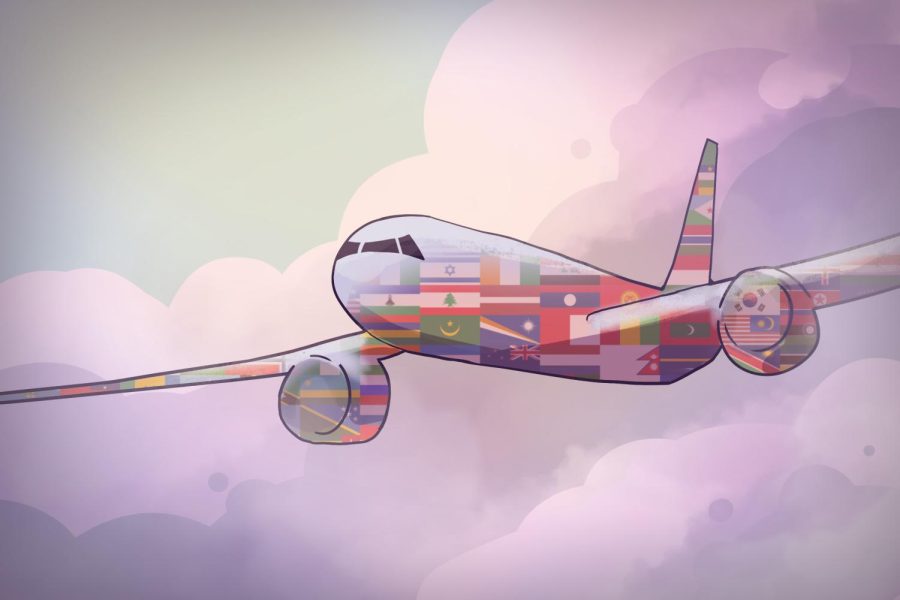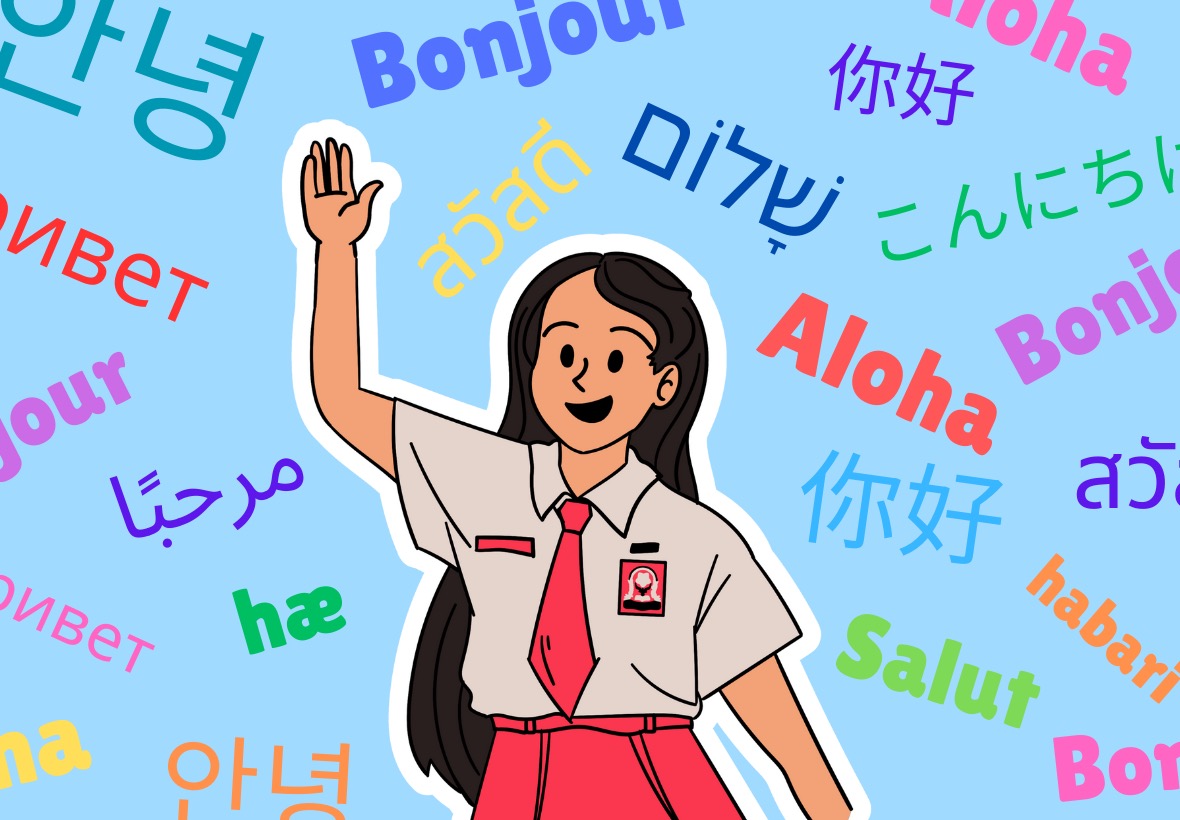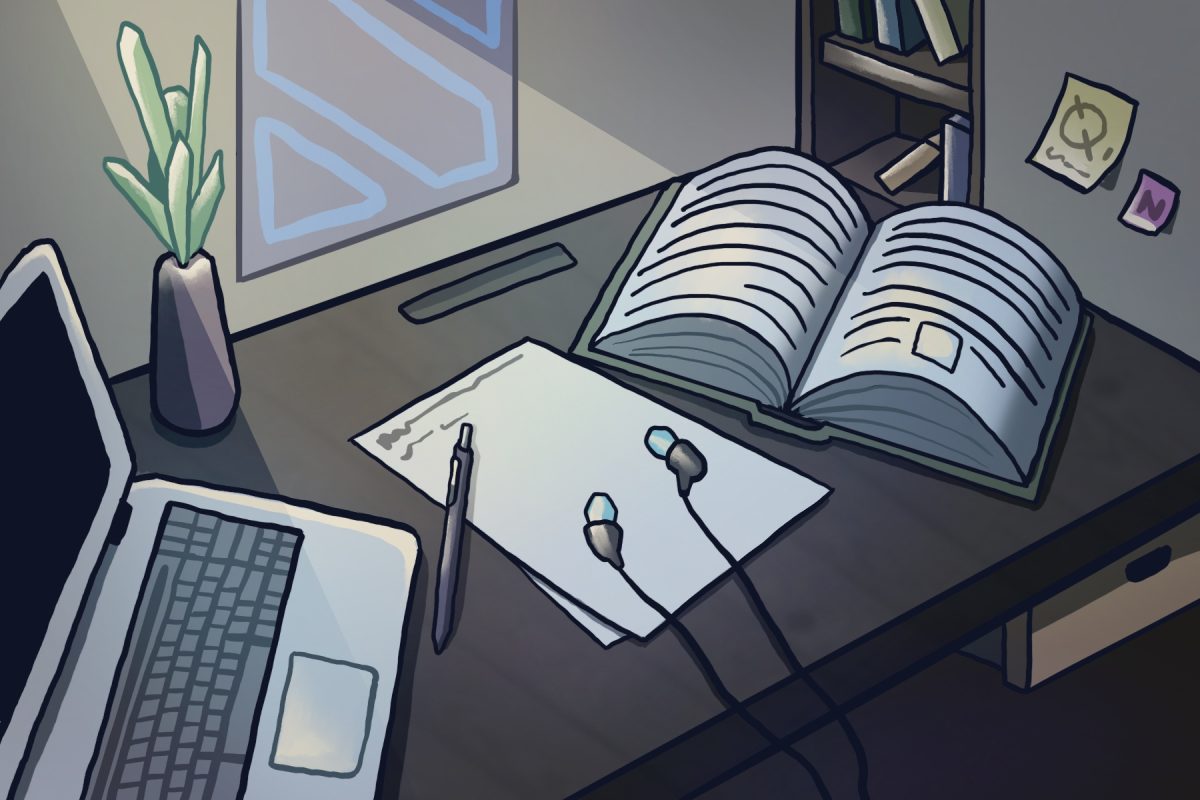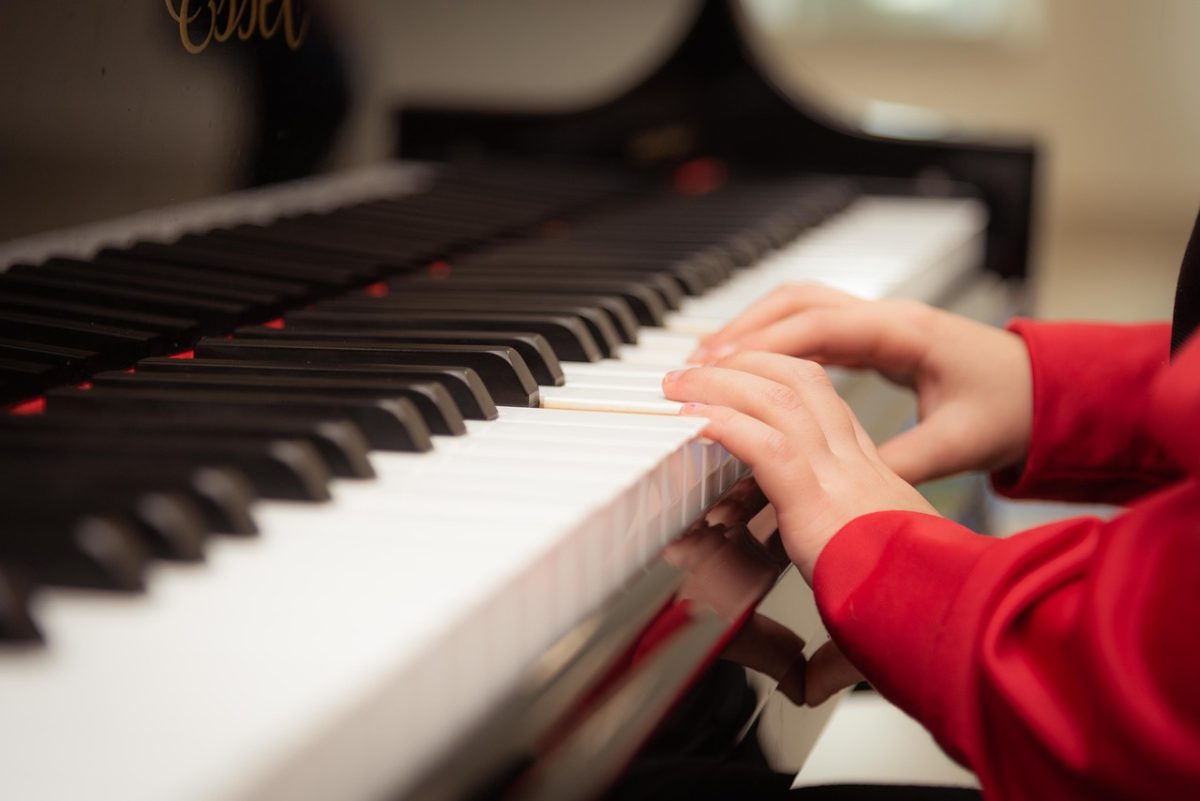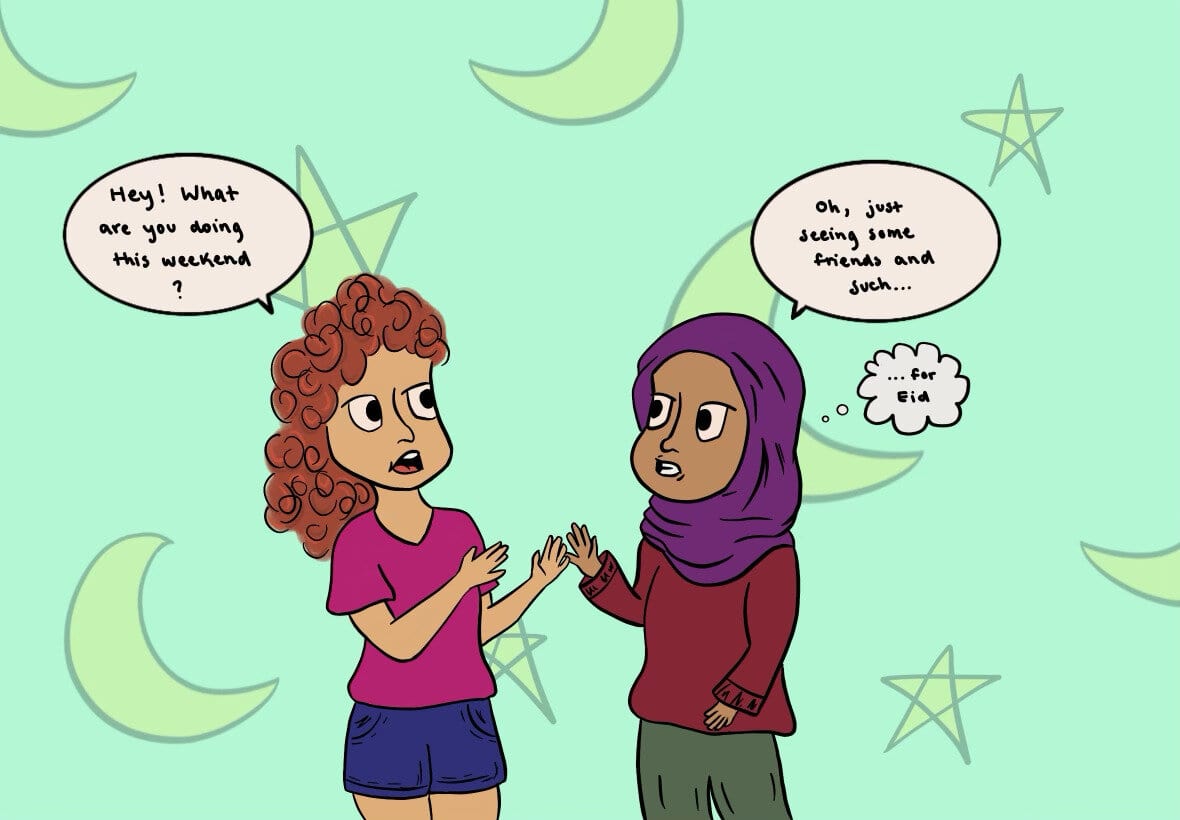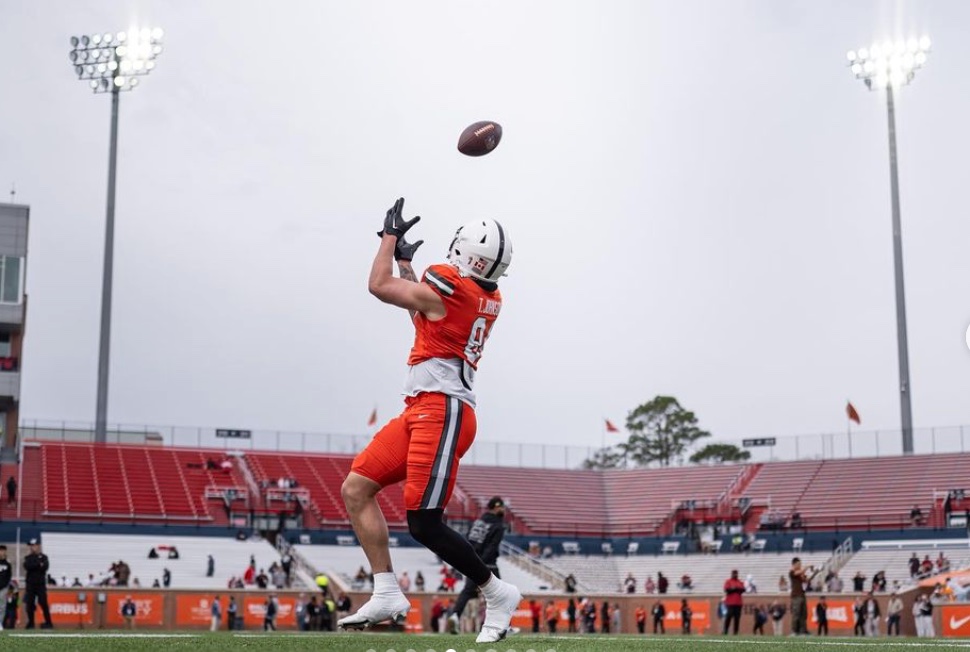
*By Magdalena Carrasco-Roehrs (’08)*
On Feb. 27 around 3:30 a.m., I woke up and felt my room shaking. I thought that it was just a tremor, but as it got worse, I realized it was an earthquake, and a very powerful one.
My older sister and I got out of bed and hurried out of our bedroom. My mum yelled because she couldn’t open my younger sister’s bedroom door. When we finally got it open, we all gingerly walked downstairs and heard the sound of breaking china and glass and books falling down off the shelves.
As we waited outside for the shaking to stop, I silently prayed that nothing would happen to us.
When everything finally stopped moving, we checked if our neighbors were okay. When we reentered our house, my mum almost collapsed. There was no power and only one phone worked.
My mum started calling our relatives and my dad left to check up on his parents, who live close by. My sisters and I got our cell phones and started calling all of our friends, but to no use. We couldn’t reach anyone.
We turned on a battery radio and tried to tune in to a news station. In Santiago, the earthquake had been 8.3 degrees on the Richter scale.
The next day when I woke up, my mum told me that my grandparents were okay, but my other grandmother’s apartment had to be evacuated for a while because it was in a hazardous state.
Thankfully, the rest of my extended family was in better shape and my friends were fine too. My dad had left to work early; he’s in the army.

The power was back, so we checked the news on TV. But of course, they weren’t very reassuring. Tons of houses were lost, many families still didn’t have power or even water and some were sleeping on the streets.
The roads in the south were blocked, so some people were stuck with no water or electricity, including a friend of mine.
At some point, I stopped watching the news, because every time I checked, it was to find the number of casualties, disappearances, destroyed houses and hurt people had increased, especially after a tsunami followed the already-disastrous earthquake.
Some people are still a bit shaken, but this is a reality we have to learn to live with. The only thing left to do is to help those who have lost everything to the earthquake and after some time, we’ll all hopefully be able to go back to normalcy.
*Magdalena Carrasco-Roehrs (’08) is a former Whitman student who currently lives in Punta Arenas, Chile. She graciously provided the Black & White with her perspective on the recent devastating earthquake that hit Chile.



